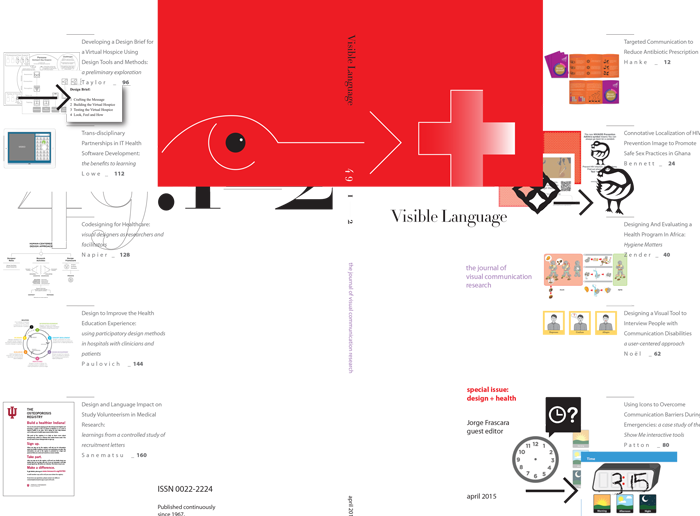Designing and Evaluating a Health Program in Africa: Hygiene Matters
Abstract
Parasitic intestinal worms are a leading cause of poor school performance of children in Africa and a leading predictor of low quality of life for a lifetime (Karlan & Appel, 2011, pp. 205-209). Deworming medication is effective and inexpensive yet experience shows that unless measures to improve hygiene are taken those who are rid of worms through medication are often re-infected within months. Responding to this, Hope Educational Foundation in partnership with a student/faculty design team from the University of Cincinnati designed, developed, and tested a hygiene educational program as part of a comprehensive de-worming program in Africa. Hygiene Matters was designed with African-user participation, employed visual-story for communication, and was tested in the Central African Republic in 2012 with a larger pilot study in Togo in 2013-14. While hygiene knowledge increased significantly with the curriculum, practices did not increase significantly, and testing revealed flaws in the study protocol that need to be corrected in future evaluations. This project suggests that designers need to improve their ability to conduct research establishing program effectiveness in health outcome terms as designers move from creating individual artifacts aimed to meet client specifications to creating programs that aim to change health outcomes.Downloads
Published
2015-04-01
Issue
Section
Journal Article

